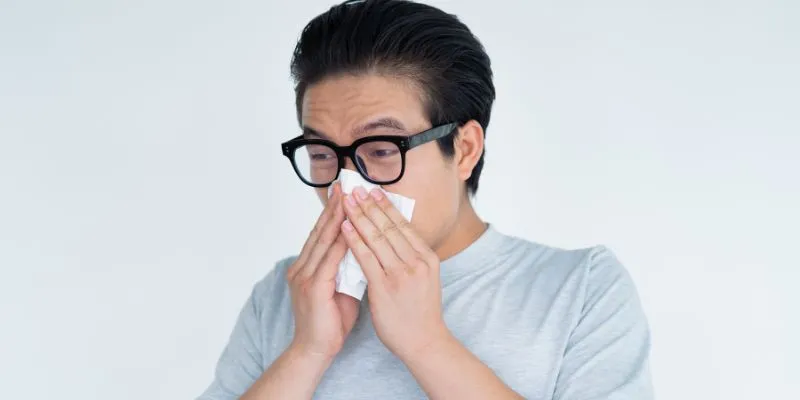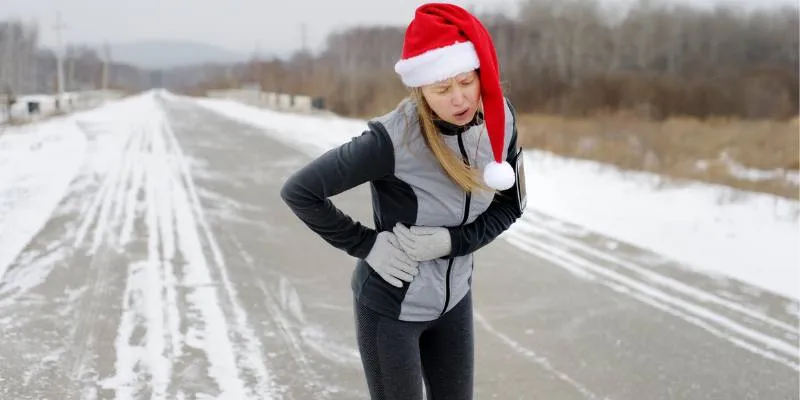Natural Disasters Strike Everywhere: Ways to Help Protect Your Health
Natural disasters can cause significant disruption and devastation anytime and anywhere. Whether it’s hurricanes, floods, wildfires, or earthquakes, these events often lead to injuries, illnesses, and severe mental stress. Thus, maintaining your health during such times is crucial. Understanding the risks and preparing in advance can help minimize their impact on your well-being.
This article explores practical strategies for maintaining health during these unpredictable events. From basic first aid knowledge to developing a comprehensive emergency plan, being proactive can make a significant difference. Prepare your family to stay safe and secure.

Why Natural Disasters Affect Health and Well-Being?
Natural disasters can lead to numerous health issues, ranging from immediate physical injuries to mental health problems. While wildfires can exacerbate respiratory conditions, flooding may cause waterborne diseases. The uncertainty and anxiety associated with disasters can also intensify feelings of stress and depression. People may suffer injuries from collapsing structures, falling debris, or extreme weather, and often, medical services are insufficient to meet the demand.
Awareness of these risks is essential. Knowing how to protect your health could be life-saving, especially if you live in an area prone to earthquakes or storms. Early preparedness is key. Stock up on medical kits and essential supplies to ensure your well-being. Increased knowledge enhances your chances of staying healthy during a crisis.
Building a Health Emergency Plan for Natural Disasters
When disaster strikes, having a robust health emergency plan is crucial. This plan should include family communication strategies, evacuation routes, and immediate medical needs. Start by gathering pertinent medical information for each family member, including allergies, existing conditions, and medications. Assemble a first aid kit with bandages, antiseptic, pain relievers, and prescription medications.
Establish evacuation routes and ensure everyone in your household knows where to go. Your plan should also include alternative communication methods in case conventional ones fail. This might involve emergency contact numbers and backup communication devices. Being prepared helps prevent panic and ensures you make informed decisions under pressure.
Preventing Waterborne Diseases During Flooding
Flooding can seriously compromise your health due to waterborne infections. Stagnant water can harbor harmful bacteria and viruses that cause diseases like cholera, typhoid, and dysentery. To protect yourself, avoid direct contact with floodwater whenever possible. If you must wade through floodwaters, minimize exposure by wearing gloves and boots. Drink only filtered water, as contaminated water is a common source of disease during floods. Boil water or use purification tablets if you’re unsure about the safety of your water source.
Always wash your hands with soap and clean water after potential contact with floodwater. Keep your living space dry and clean. Regularly clean and disinfect surfaces after floodwaters recede. Discard any contaminated or moldy items, as mold growth can lead to respiratory problems. Preventing infections during floods largely depends on awareness and preventive measures.

Staying Safe During Wildfires and Air Quality Concerns
Wildfires can significantly degrade air quality, leading to respiratory problems and other health issues. Harmful particles in wildfire smoke can irritate the nose, eyes, and throat. Prolonged exposure to this smoke can cause severe respiratory issues, especially for children, the elderly, and those with pre-existing lung conditions. If you live in an area with frequent wildfires, consider installing an indoor air purification system.
Stay indoors as much as possible when air quality is poor. Keep windows and doors closed to prevent smoke from entering. Avoid strenuous activities in smoky environments, as this can worsen respiratory issues. Seek medical attention promptly if you experience persistent coughing, difficulty breathing, or chest pain. These steps can help reduce your risk of health problems during wildfire outbreaks.
Earthquake Safety and Avoiding Injury
Earthquakes, though infrequent, can have a significant physical impact. Preparation before an earthquake is crucial. Secure heavy appliances and furniture to prevent them from toppling during shaking. Ensure items on shelves are stable and unlikely to fall, as they can cause injuries. During an earthquake, drop to the ground, take cover under sturdy furniture, and hold on until the shaking stops.
Avoid standing near windows, glass, or large objects that could fall. If you’re in a vehicle, stop in a safe location and remain inside until the shaking ceases. After an earthquake, check for hazards such as electrical issues or gas leaks, as these can cause further damage or fires. Follow your emergency plan and evacuate if necessary. Being proactive can help you and your family survive an earthquake.
Mental Health and Coping with the Aftermath
The emotional toll of a natural disaster can be as significant as its physical effects. Stress, anxiety, and post-traumatic stress disorder (PTSD) are common after a disaster. Maintaining your mental health during and after a disaster is vital. Talk about your feelings with friends and family. Sharing your experiences can help reduce stress. Reach out to mental health professionals and don’t hesitate to seek counseling.
Additionally, relaxation techniques such as meditation and deep breathing can be beneficial. Participating in community activities can provide emotional support and help reestablish a sense of normalcy. Volunteering and helping others can provide a sense of purpose and help counter feelings of helplessness. Remember, taking care of your mental health is just as important as addressing your physical health.
Importance of Vaccinations and Preventative Care
Vaccinations are crucial for maintaining health, especially during and after natural disasters. Limited access to healthcare and poor sanitation can facilitate the spread of diseases in communities affected by disasters. Ensure your vaccinations are up to date, particularly for diseases like tetanus and hepatitis A, which are more prevalent in disaster-affected areas.
Consult your healthcare provider about any additional vaccinations you may need if you live in or plan to visit a disaster-prone region. This will help you stay disease-free and ensure your health is protected in unforeseen circumstances.
Conclusion
While natural disasters pose significant health risks, you can mitigate these risks with adequate preparation. By prioritizing foresight, knowledge, and physical health protection , you can safeguard your well-being during these challenging times. Focus on developing an emergency medical plan, ensuring access to clean water, and avoiding airborne hazards. Given the unpredictability of natural events, health safety should always be a priority. Be proactive, and you’ll be better equipped to handle any situation.










